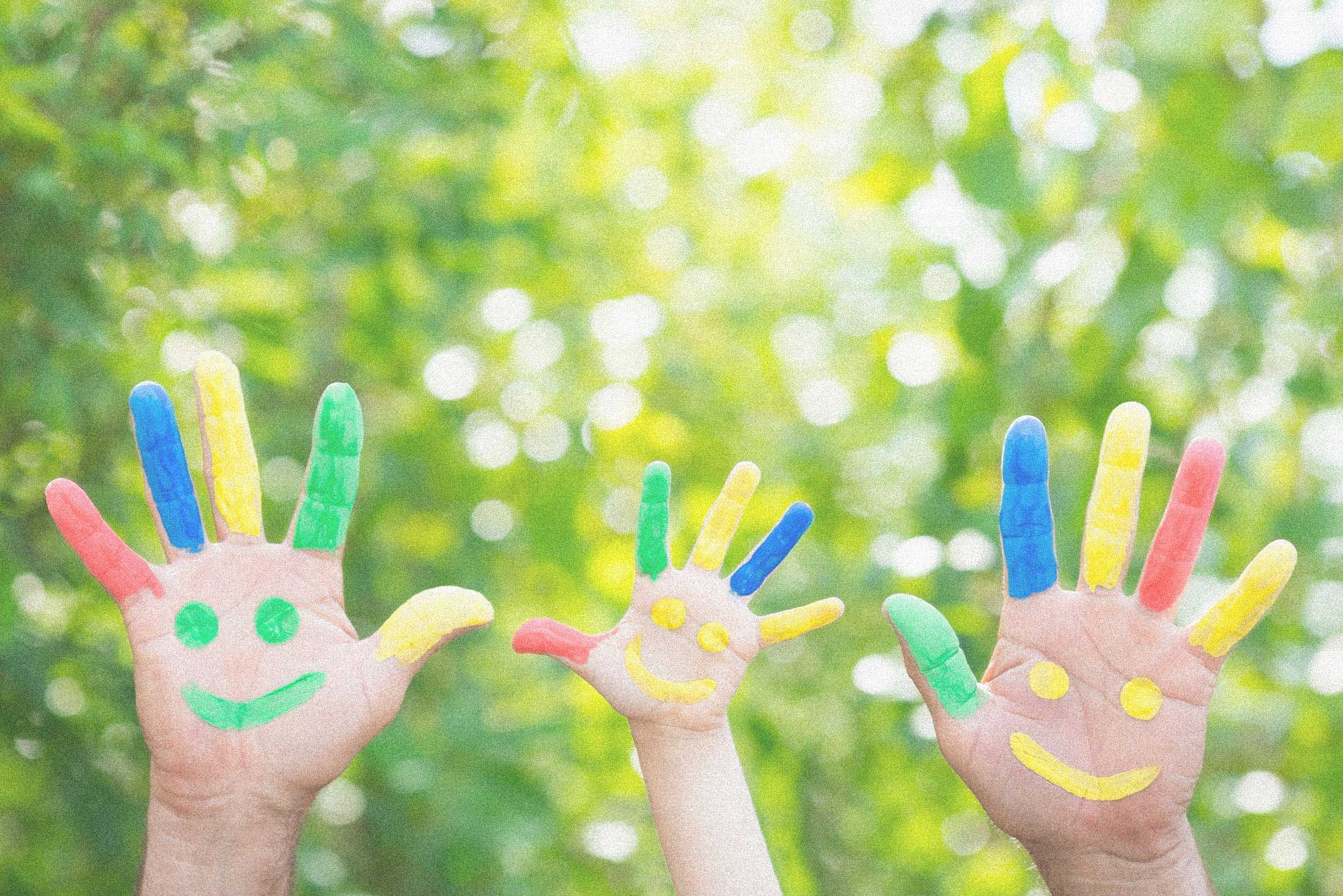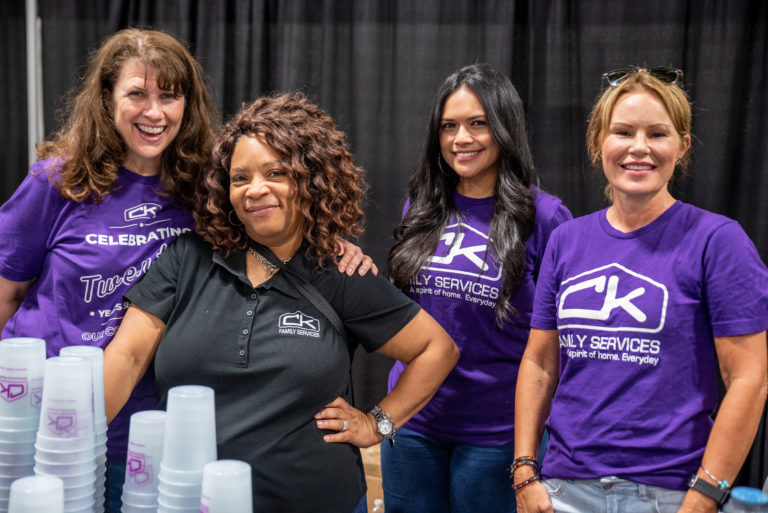School-age kids have been through A LOT the last few years. Their young minds have experienced and adapted to remote learning, growing up in a digital age, safety concerns in schools, and the effects that come with it. Educators have also been through A LOT. In addition to what the kids are experiencing (and whatever dangerous TikTok trends are born from it), they’re short staffed and burdened with behaviors resulting from the stress. With an obvious need so prevalent in our districts, CK Family Services Behavioral Health has partnered with schools across our region to provide behavioral health services to all kids who qualify (not just children in kinship or foster care). The goal is to help heal youth behavioral health issues by meeting children and families where they are and educating our communities.
The first step to helping kiddos and their families is to find them. Most kids spend the majority of their time at school so, in the words of our COO Daniel Lund, “it was a no-brainer” to introduce solutions to youth behavioral health issues there. While teachers and staff do their best to prepare our students for academic and lifelong success, classroom disruptions impact everyone and one counselor for 500 kids can only do so much.
Yet, educators have the benefit of perspective that sometimes parents don’t have. Danille Adama, board member at CK Family Services and former special education teacher, said, “They [teachers] know when the kid is struggling sometimes before the parent. In school, kids are seen in a variety of settings.” As an educator, she noticed students would spend 60 – 80 percent of their day collaborating and interacting with their peers. While “some kids learn well with positive peer guidance, others don’t do well with those interactions,” she said. On the intervention side of children exhibiting behavioral problems, she would often learn it’s a group dynamic in addition to whatever independent struggles they may be facing. Despite best efforts, limited time with one child during the school day is simply not enough to solve the root of the issue. That’s where we come in. “We adjust and accommodate the kids’ needs and we’ll meet them where they are,” said Ghislaine Scott, one of our Clinical Support Specialists. We mean that literally and metaphorically. We work with a variety of service options to meet the needs of kids and families, and we expect progress over perfection from our kiddos.
The next step to help heal youth behavioral health issues is to educate our communities. Stigmas around mental and behavioral health have long plagued our societies and we too often label children as problems and their parents as inadequate disciplinarians. “Correctional facilities are littered with kids in foster care and kids with mental health issues,” said Daniel. Unfortunately, such attitudes aren’t unique to Americans. Ghislaine, originally from Rwanda, witnessed what happened to many children with unaddressed trauma following the Rwandan genocide in 1994. “Children went without help and were labeled ‘street kids.’ They had a lot of negative conduct-related behavior over time,” said Ghislaine. “Kids here at least have the opportunity.” Even with an opportunity, lingering fears of being judged or labeled still hinder parents from reaching out. Additionally, people may be unaware behavioral health services are available in their community. However, no one is a bad parent or person for needing help and we are available to meet that need.
“The best intervention is early intervention,” Danielle said.
When a child receives behavioral health services from our staff, the goal is to empower and equip them to manage their mental health and promote well being and success. It’s different from therapy because we address the external behaviors, rather than the internal emotional cause. We do that through hands-on skills training in various age appropriate curriculum which includes instruction, modeling, role play, and feedback targeted to their needs. We also offer in person, virtual, or hybrid sessions to suit the families’ preferences. Sessions are about 1 – 2 hours long and happen once a week unless otherwise recommended. In short, we help develop practical skills to guide the whole family towards a better outlook.
As our kids and teens start a new school year, think about their behavioral health. If necessary, ask for resources; there is no time like the present. If it is not necessary, create a safe place to talk openly about youth mental and behavioral health. Lastly, be open-minded to kids with behavioral health issues. We’re all trying our best.
TO MAKE A BEHAVIORAL HEALTH SERVICES REFERRAL, VISIT THE LINK HERE.

